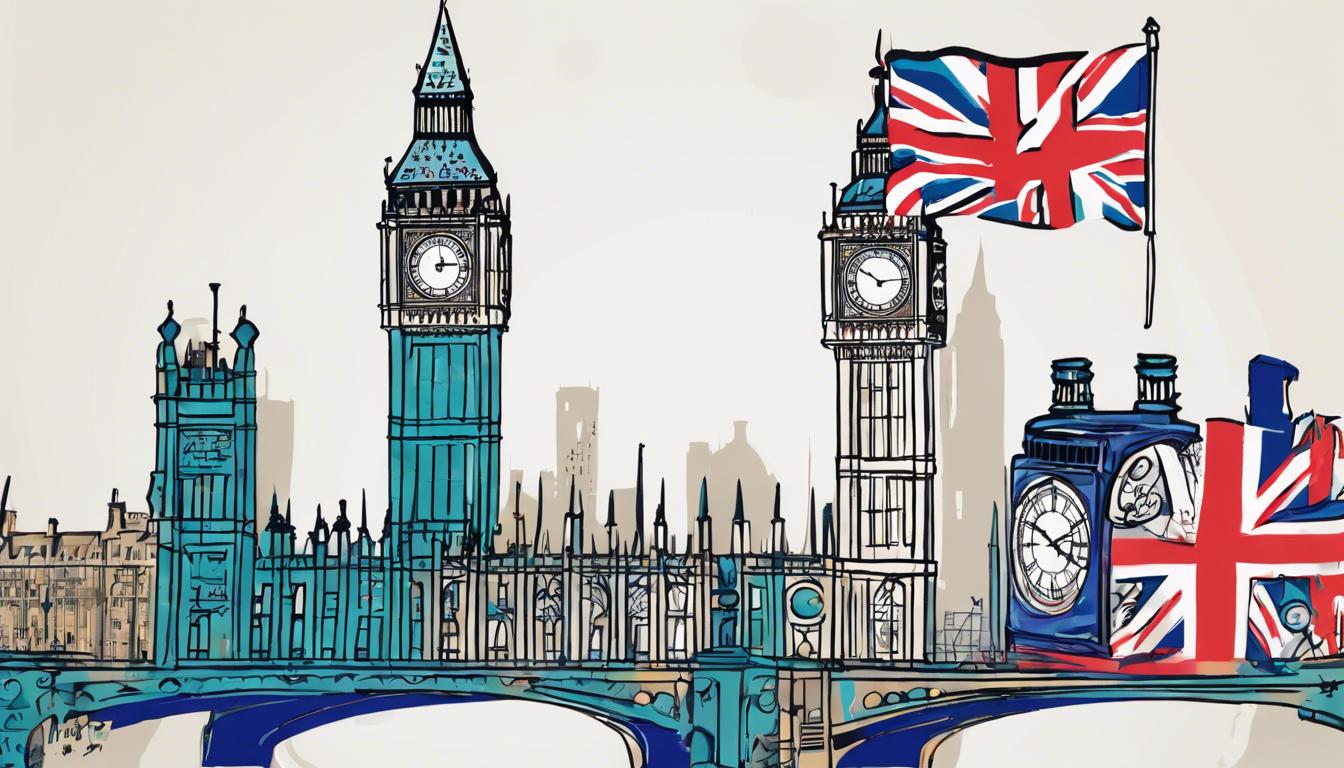New legislation introduced to limit foreign state ownership in British newspapers notably impacts the UAE-backed bid for the Telegraph Media Group, amidst wider concerns over press freedom and transparency.
The United Kingdom has introduced new legislation aimed at restricting foreign state ownership in British newspapers, marking a significant shift in the country’s approach to media ownership. This development has directly impacted the bid by the United Arab Emirates-backed consortium, RedBird IMI, for the Telegraph Media Group, effectively halting its proposal valued at £600 million. The consortium, led by UAE’s Sheikh Mansour bin Zayed Al Nahyan, now faces considerable challenges due to these amendments to the Enterprise Act 2002. These changes were introduced amid concerns over the implications of foreign state control on the UK’s press freedom, leading to increased regulatory scrutiny by entities such as Ofcom.
In a related development, the Barclay family’s Very Group experienced a downturn as their long-standing auditor, Deloitte, terminated its 11-year relationship with the organization, citing difficulties in accessing information. This decision by Deloitte has broader implications amidst the ongoing discourse on foreign ownership of UK newspapers, exacerbated by the Barclay family’s previous ownership of the Telegraph Media Group and the sale to an entity backed by foreign government interests.
The new legislation underscores the UK government’s efforts to safeguard the independence and transparency of the British media landscape from undue foreign influence, setting clear barriers against direct investments by foreign states and their officials in UK newspaper assets. While highlighting the government’s commitment to a free press, it also delineates the sectors where foreign investment is deemed acceptable, such as football, distinguishing them from the media industry. This legislative move has prompted discussions on the future of media ownership in the UK, with various stakeholders, including the regional media group National World, expressing interest in navigating the evolving regulatory environment.













